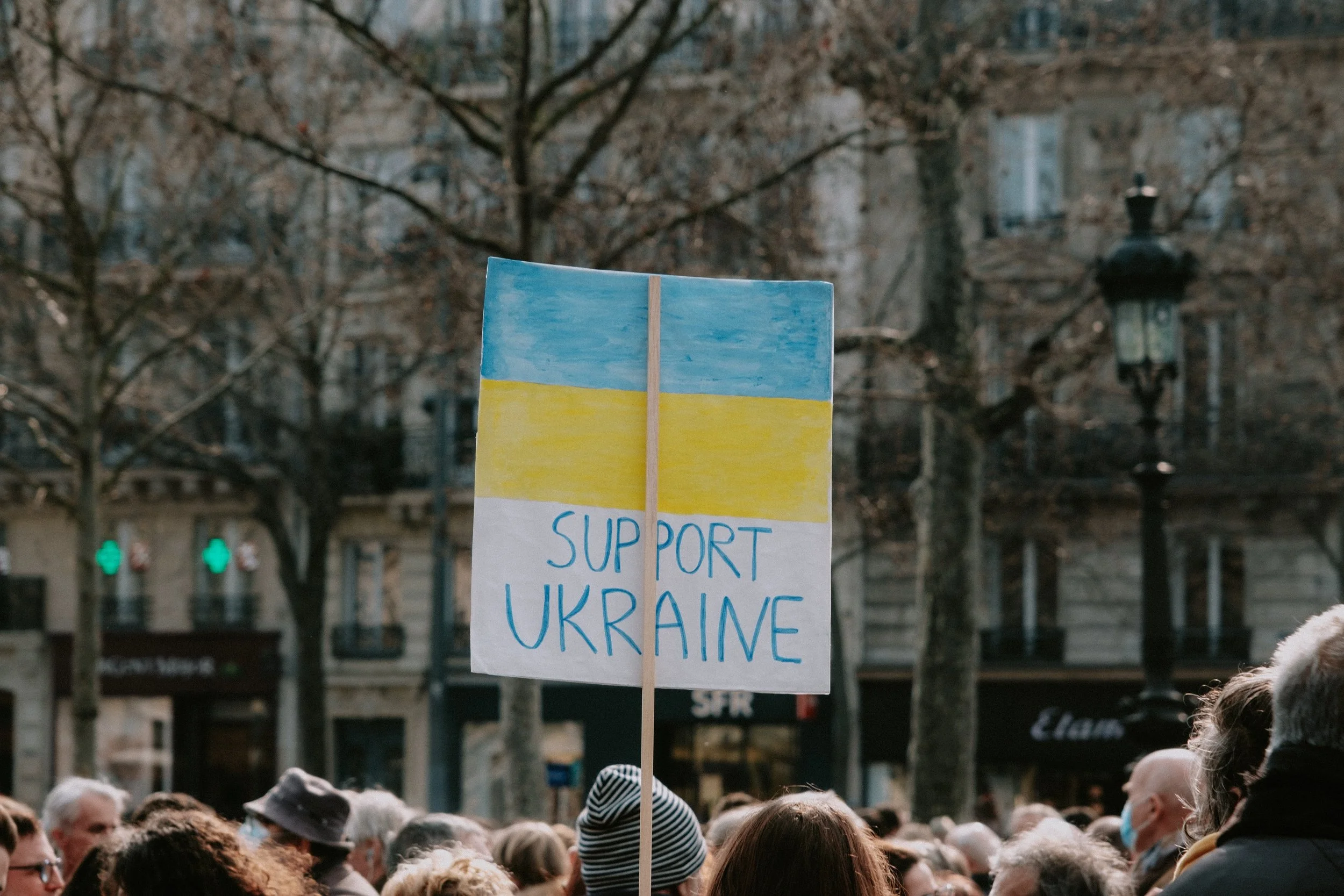by Neha Chinwalla
Since Bill McKibben’s opinion piece on Substack in late February aboutHeat Pumps for Peace and Freedom in Ukraine, the United States and European countries have been looking towards transitioning off a reliance on Russian oil and gas.
In response to Russia’s invasion of Ukraine, President Biden signed an Executive Order to ban the imports of Russian oil, certain petroleum products, gas, and coal. The White House fact sheet on the matter states this is a “significant action with widespread bipartisan support that will further deprive President Putin of the economic resources he uses to continue his needless war of choice.”
Meanwhile, in Europe, countries are taking a variety of approaches. While 41% of the European Union’s gas in 2010 came from Russia, a dependence that costs about $118 million per day, the member states are now seeking alternative sources of energy. According to BBC, “in March, the EU committed to reducing gas imports [from Russia] by two-thirds within a year.”
Some countries are transitioning quicker off Russian dependence than others. In late April, Austria announced that they would continue to buy Russian energy until they have sufficient alternatives, but are on the urgent hunt for replacements. On the other hand, the Baltic States of Latvia, Estonia, and Lithuania halted all deliveries of gas from Russia. Uldis Bariss, CEO of Conexus Baltic Grid, stated that the countries are “currently being served by gas reserves stored underground in Latvia.” Gitanas Nauseda, President of Lithuania, is asking his fellow leaders in the European Union to follow suit.
Other member states like Poland and Bulgaria had no choice but to find other forms of energy, as Russian energy corporation Gazpromcut off their gas supplies! Poland and Bulgaria once relied on Russia for their energy needs, but are now saying they can “source enough alternatives,” according to Business Insider reporter Mia Jankowicz.
The sanctions Russia is placing on EU countries has incited a panic to “fill dwindling gas reserves before winter.” To create additional reserves of energy, Germany has stated they will construct two Liquefied Natural Gas terminals to receive gas from the United States, Qatar, and Australia, among other suppliers. In response, “some experts are worried that this could increase longer term dependency on fossil fuels.”
Table illustrating international trends in Russian oil and gas imports. Image: “Which countries are most dependent on Russian crude oil and refined oil products." Reuters
We at Climable don’t know all the answers (shocking, I know, right?), but we do know that increasing the world’s dependence on fossil fuels will not protect us in the long run. Instead of replacing Russian gas with other gas, we should move towards a world run by renewable energy, that is more just and democratic. Heat pumps are one way we can fight against climate change and against Putin’s abuse of power.
We encourage you to keep learning and staying up-to-date with global news, in Ukraine and beyond, alongside us. And as we stated in the last blog, if you want to be part of the solution, there are big rebates available if you want to install a heat pump in your home. If you live in Massachusetts, visit MassSave.com. Many other states offer incentives too.
Banner image by Mathias Reding from Pexels



